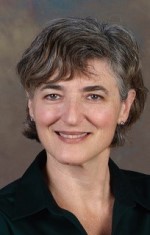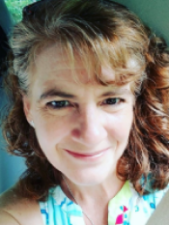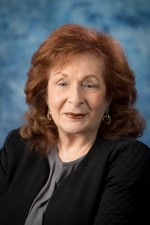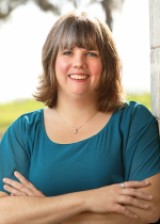 We wanted to get to know Laura Pennington Briggs (NAIWE’s Business of Writing Expert) better, so last month we sat down with her. Here are some thoughts she shared with us.
We wanted to get to know Laura Pennington Briggs (NAIWE’s Business of Writing Expert) better, so last month we sat down with her. Here are some thoughts she shared with us.
Consistent client service and automation, how do these align for today’s freelancer?
It’s important to provide a good client experience to everyone, but it’s hard to do when you’re busy marketing and also serving clients. When you get more of your time back, you show up more effectively for your clients and also feel better about your work.
Most freelances may not know that a sales pipeline system and outstanding client service go hand in hand, but do they?
They do! The more you can automate and systematize your pipeline and how you handle current clients, the more you maximize everything you do and get the most out of your time.
Is there a routine yet creative way to drive clients to your services/products?
It’s actually not super creative. Pick a platform or method of marketing and show up to do it everyday, even if only for five minutes. This can really help build consistency and snowballs over time. It doesn’t matter if it’s cold pitching, scanning job boards, TikTok, LinkedIn, or circling back with a former client, they are all valuable when you take little actions over time.
——————
In this training, we’ll discuss key ways to provide outstanding and consistent client service while building automation or systems that save you time, as well. We’ll discuss three big ones worth upgrading or creating for 2024: sales pipeline systems, onboarding, and offboarding. Make a better impression on your clients and earn repeat business and referrals while spending more of your time on billable work.
You can join in this conversation on January 17, at 2:00 pm eastern, when NAIWE will host a discussion on streamlining your client service to save you time and make clients happier. The cost for NAIWE members is only $10! Nonmembers can join for $30. Register today!
Laura Pennington Briggs is the founder and CEO of the Freelance Coach. A two-time TEDx speaker on how freelancing is changing the economy and the host of the weekly Advanced Freelancing podcast, Laura has helped over 15,000 freelancers start and scale their business. She’s an expert on systems, project and client management, marketing a solopreneur business, delegating to team members, retainers, and developing multiple income streams for writers of all stripes. Laura is the author of five books, including the Six Figure Freelancer and How to Start Your Own Freelance Writing Business. She’s also the founder of Operation Freelance, a national nonprofit providing free entrepreneurship training to military spouses worldwide.

 We wanted to get to know Jeanne Grunert (
We wanted to get to know Jeanne Grunert ( We wanted to get to know Suzanne Sherman (
We wanted to get to know Suzanne Sherman ( We wanted to get to know MJ Courchesne (
We wanted to get to know MJ Courchesne ( We wanted to get to know Amy Waters Yarsinske (
We wanted to get to know Amy Waters Yarsinske ( We wanted to get to know Ruth Thaler-Carter (
We wanted to get to know Ruth Thaler-Carter ( We wanted to get to know Leslie Truex (
We wanted to get to know Leslie Truex ( We wanted to get to know Marcia Rosen (
We wanted to get to know Marcia Rosen ( We wanted to get to know Karin Beery (
We wanted to get to know Karin Beery (